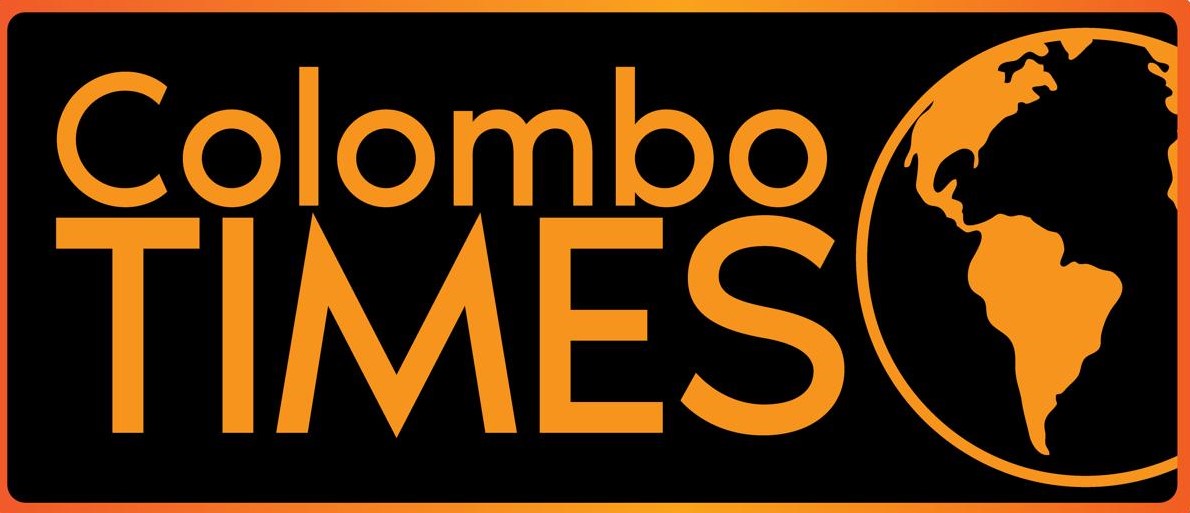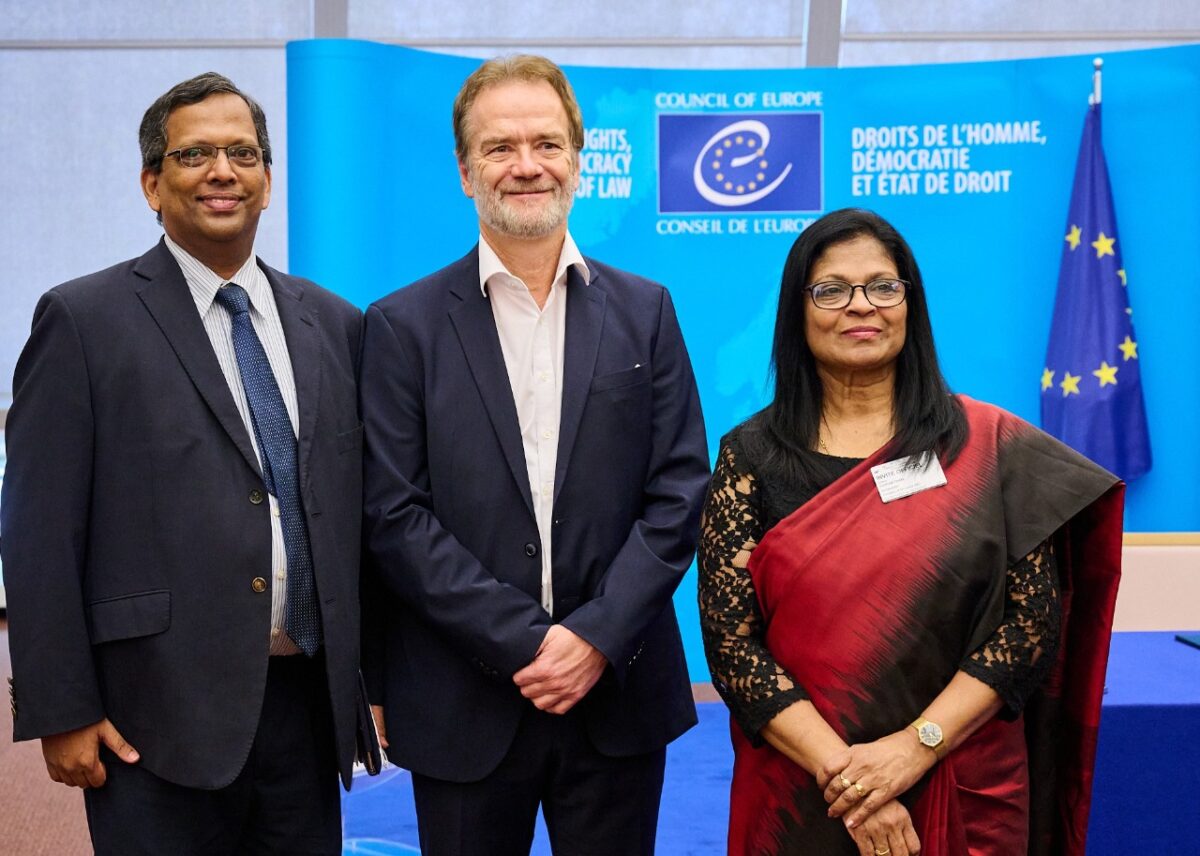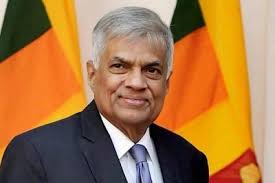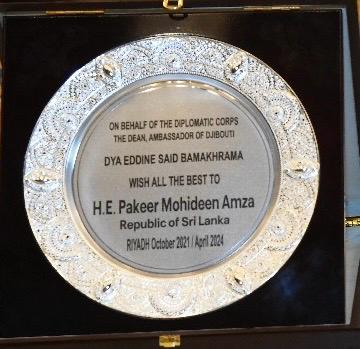COLOMBO: Ambassador Grace Asirwatham, on behalf of the Government of Sri Lanka, signed the Second Additional Protocol to the Convention on Cybercrime on Enhanced Cooperation and Disclosure of Electronic Evidence of the Council of Europe at a Treaty Ceremony held recently, at the Council of Europe in Strasbourg, in the presence of Deputy Secretary General of the Council of Europe Bjorn Berge, Head of Protocol, Head of Treaty Office, and delegates to the 27th Plenary Meeting of the T-CY. Sri Lanka’s delegate to T-CY, Jayantha Fernando, Director of Sri Lanka CERT and the General Counsel of the ICT Agency of Sri Lanka, also attended the ceremony.
The Cabinet of Ministers approved on 29 November 2022, a joint Cabinet Memorandum submitted by the Ministry of Foreign Affairs and the Ministry of Justice, Prison Affairs, and Constitutional Reforms recommending Sri Lanka sign the Second Additional Protocol to the Convention on Cybercrime on Enhanced Cooperation and Disclosure of Electronic Evidence. It enables Sri Lanka to secure electronic evidence from Foreign Service providers for cybercrime related investigations and prosecutions. It also includes new human rights safeguards with additional provisions on data protection which provides for more effective responses to Cybercrime challenges globally.
Sri Lanka was the first South Asian country to join the Budapest Cybercrime Convention in 2015, as well as the first to sign the Second Additional Protocol to the Budapest Cybercrime Convention on Enhanced Cooperation and Disclosure of Electronic Evidence.

Ambassador Asirwatham delivering a statement at the event, stated that “the lessons learned during the negotiation of the 2nd Additional Protocol to the Budapest Convention helped Sri Lankan experts to formulate and enact the first Data Protection Legislation in South Asia, through Act, No.9 of 2022”, noting that Sri Lanka’s Data Protection Act provisions are in line with the 2nd Additional Protocol. She also appreciated the support extended to Sri Lanka by the Council of Europe through capacity-building programs under the Global Action Against Cybercrime (GLACY) project, funded by the Council of Europe and the European Union, and reiterating Sri Lanka’s commitment to work closely with the Council of Europe and the States Parties to the Convention on Cybercrime to achieve the goals of the Convention.














